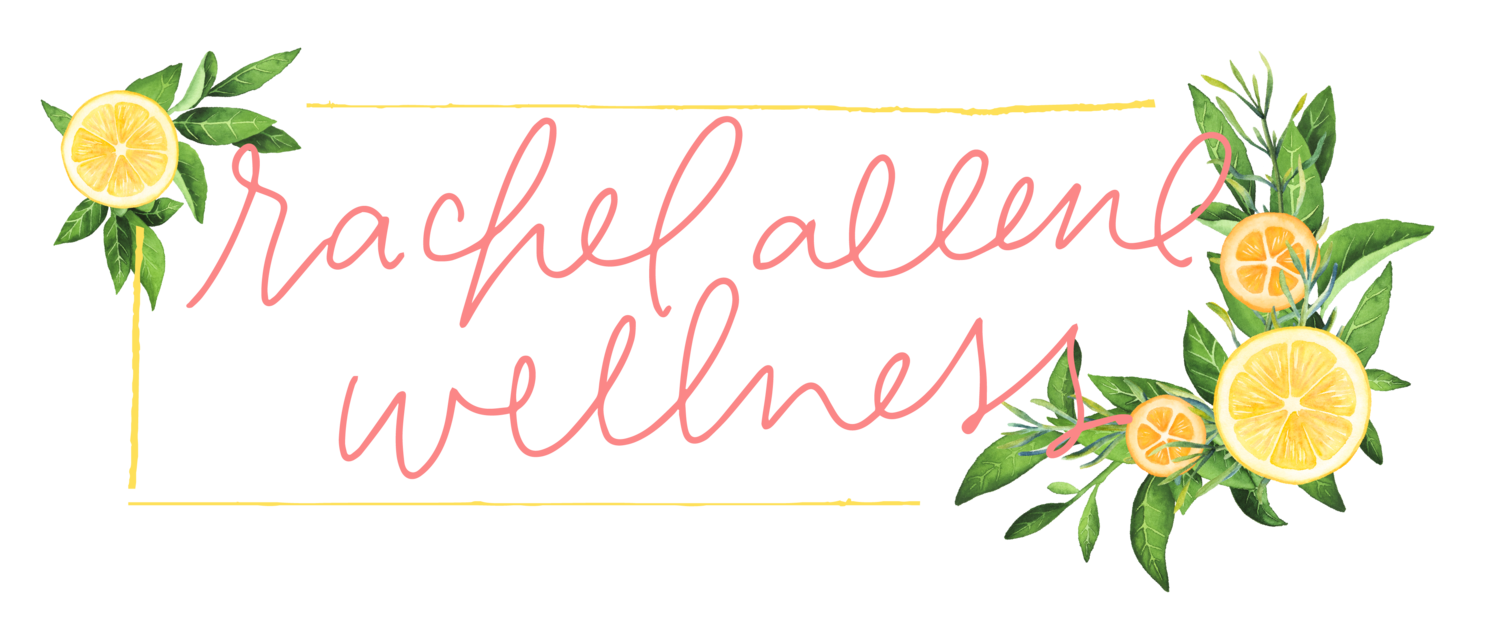Organic vs. Non Organic
/I remember in high school when the “organic” trend was just getting started. At that point, I had no idea what it meant or why it could be important. But, as I began to study Health Science in college and developing a love for wellness, I started to research and learn more about organic and conventional produce.
A little disclaimer: I don’t know enough about farming to tell you the full details of how organic produce is grown or how it’s different from conventionally grown. I know there’s a lot of debate out there, so that’s not what I am here to talk about.
I want to talk to you about what products I decide to purchase organic, and why.
I took an Environmental Health class in college and it was one of the most eye-opening experiences. If you ask my family or friends, they would tell you that it was one of the worst things that could have happened because I was SO annoying and telling everyone that we are all basically going to die from cancer and the world is deteriorating. Not dramatic at all.
Dramatics and doomsday thoughts aside, this class opened my eyes to the chemicals and carcinogens that surround us.
My makeup is toxic?!?!? I had no idea that was even possible.
This class opened my eyes to all the products I was unknowingly purchasing that I contained toxins. In addition to that, I started to learn more about the food industry and produce and how there are plenty of chemicals used in farming and producing foods.
Since I was a college student and barely able to afford deodorant on a regular basis, I had to make a decision about what I would focus on first. For me, that first adjustment was in the food I purchased. I eat a lot of produce, so I wanted to pick what produce I would decide to purchase organic. I used the Dirty Dozen and Clean Fifteen to help me make decisions at first. In general, I pick produce that generally receive a lot of pesticides and purchase those organic. And anything that I eat the skin of, I try to purchase organic.
My list of products I always purchase organic:
Apples
Peaches
Strawberries
Raspberries
Blueberries
Blackberries
Cherries
Kale
Spinach
Lettuce
Bell Peppers
Meat
Dairy
Popcorn
Eggs (pasture-raised is more important, though)
Peanut Butter
Potatoes
Coffee
The reasons I buy these produce items organic is because these are the types of produce that require the most pesticides because they are delicate. In addition, I try to buy anything organic that I will eat the skin of. Think: cherries, apples, etc.
Things I don’t bother purchasing organic:
Avocado
Onions
Bananas
Watermelon
Cauliflower
Sweet Potatoes
This is just a general list. Like I mentioned before, using the Clean Fifteen and Dirty Dozen is something I try to follow. I could write multiple blog posts about the dairy and meat industry, but I won’t get into that now. For the most part, when it comes to organic, I focus on fruits and vegetables. I buy most dairy (we don’t eat a lot of dairy, however) organic. And when we purchase meat, we make sure there are no hormones added and that it is sustainably farm. I am not a huge meat eater, and if were up to me, we’d probably eat a vegetarian diet. But, my husband loves meat so we settle in the middle and don’t eat red meat.
There is no perfect way to eat or buy groceries. This is simply what works for us, our dietary needs, what we have access to in our region, and what our budget allows. Do I wish I could buy all my meat and dairy at the farmers market? You bet. But, that’s not a reality for us. So, we do what we can and do our best to live a sustainable, small carbon footprint life.
We are also working on expanding our garden so we don’t have to purchase as many veggies at the grocery store.




